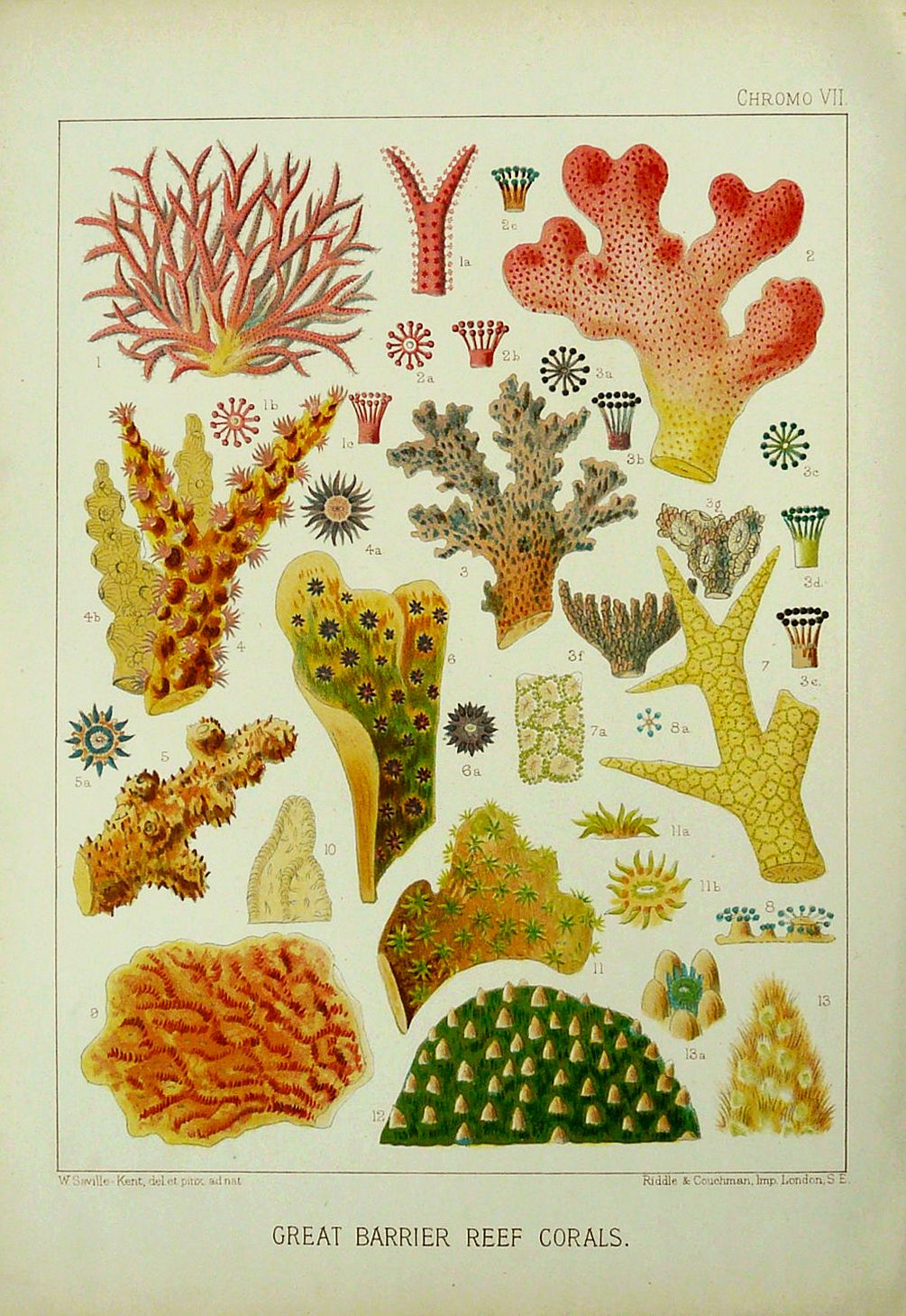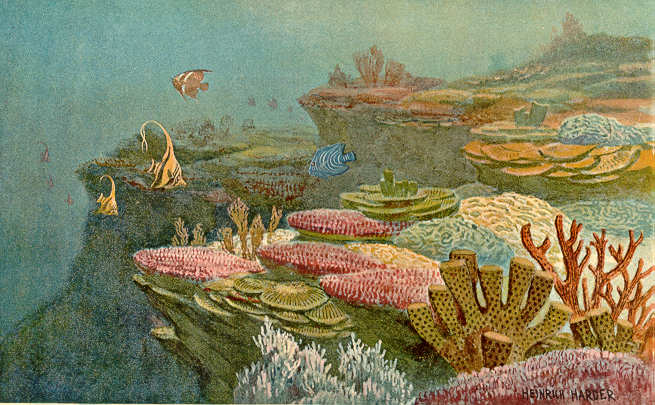Seafloor Dawn Chorus (2018)
Version I
fl/bs.fl, cl/bs.cl, pno, perc, vln, vla, vlc (9’)
Version II
fl/bs.fl, cl/bs.cl, pno, perc, vln, vla, vlc, cb (9’)
Score: https://www.nb.no/noter/produkt/seafloor-dawn-chorus/
Written for and dedicated to Ensemble Recherche
Premiered in Freiburg (DE) Jan. 2019

This piece is inspired by underwater recordings of fish singing at the Great Barrier Reef. Humans tend to think that the ocean is a quiet place, but scientists have recorded reef fish singing just like songbirds. When the calls of different fish overlap, they form a chorus, which are often performed in reef habitats around dusk and dawn.
In this piece I wanted to create an underwater environment for everyone to hear, and I have transcribed and been inspired by the sounds of fish like the Soloist Fish, Batfish, Black Jewfish, and also the sounds of Shrimps and Corals.
Sound plays an important role in various fish behaviours such as reproduction, feeding and territorial disputes. Nocturnal predatory fish use calls to stay together to hunt, while fish that are active during the day use sound to defend their territory. “You get the dusk and dawn choruses like you would with the birds in the forest,” says Steve Simpson, a marine biologist at the University of Exeter, UK.
Coral reefs are some of the most beautiful and the most valuable ecosystems that we have in the world. The sounds that come from the Northern Great Barrier Reef have got quieter in the last five years. Between 2012 and 2016, the area of the Great Barrier Reef where the scientists recorded saw two cyclones, one the strongest that had ever hit that part of the reef. On top of that, there was a record-setting heat wave that according to a recent study in the journal Nature, killed almost a third of the reef's coral.
When the scientists went back to the reef in 2016, what they saw was heartbreaking; «Where there used to be colour and life in this incredible vista in every direction, it really is like diving in a graveyard now.» The sound of the reef had also significantly changed.
«Not only has the volume gone down substantially, but also the quality of the sound has changed. The acoustic complexity has gone down, there's less going on. You can hear what is a dying reef» says Tim Gordon, University of Exeter.
Degradation caused by bleaching and cyclones changes the soundscape of a reef. This makes reefs sound less attractive to young fishes, potentially reducing the populations of functionally important grazing species. Fewer fish and reduced grazing may exacerbate degradation, preventing recovery. (University of Exeter)
I think musicians and composers with a concern for nature can create engagement through addressing these subjects in the concert halls, and encourage a closeness with nature through music.
By bringing nature into music, we can get to know valuable forms of life, and create interest by having the composers’ view on the matters. In this way, one can be made aware of what can get lost if humans continue to change nature.
